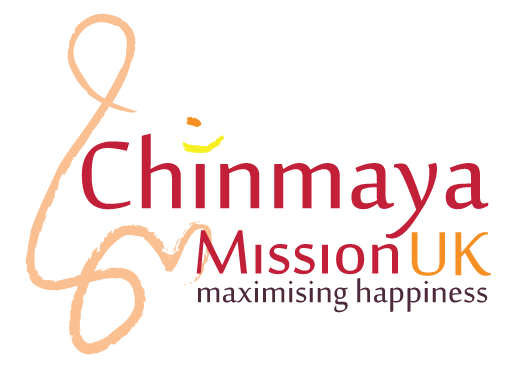Spiritual growth
29th December 2013Mind over chocolate mousse
29th December 2013Q. Swamiji, why is it that Study Groups face the problems of lack of Sevaks and dwindling attendance?
A. Low numbers in the study groups need not deter us because even in worldly activities, the number of people working sincerely is always less. The objective of the Study Group should be very clear to all members. Without this, there cannot be any commitment among Sevaks or members and the problem of dwindling attendence would continue.
The purpose of life is Self-Realisation and therefore, all our activities should be towards that goal. On this path, Yagnas (Shravanam) give us the vision of the Shastras. The Study Group is a forum for Mananam and digestion of ideas, so that our knowledge is free of doubts. Spiritual health is as important as physical health. Just as a hospital helps us to regain physical health. It is the responsibility of each member of the group to make the discussion fruitful and interesting by regular study.
As far as Sevaks are concerned, there is a fear in their minds that they do not know enough. This results in members hesitating to become Sevaks. Sevaks must have an attitude and readiness to share the benefits that they have gained, with other members of the group. A positive attitude will give maximum benefit to the Sevaks. In case of unresolved doubts/ questions, the group could write them down and get them clarified from Acharayas of Chinmaya Mission, once in a while.
Q. What is it that would attract people to the Study Group?
A. Two things attract people to the Study Group?
a) If their needs of life are fulfilled and
b) If their interests are fulfilled
In life, one sees that a highly spiritual person has minimum material needs and a highly materialistic person has minimum spiritual needs. Then, you have some people who feel the need but are unable to sustain their interest because their expectations are too high.
Q. What factors would you name as responsible for spiritual learning process to take place?
A. Four factors, each as important as the other, make the learning process complete: 25% Guru’s Blessings; 25% Self Study, 25% Group Study and 25% The Time Factor.
Q. How do we go about studying the text in the class?
A. Every text has a central theme around which it revolves. Look for this first. Each verse should be taken up in the following sequence: First, the word meaning, then the translation of the entire verse, followed by the commentary and finally, the sum and substance of the verse.
Q. Could you suggest a few ways to make the discussion interesting?
A. Applicability of the knowledge gained through study, to the daily life should be stressed. Use real life examples for this. Secondly, you may ask the members to express their understanding in their own way, for eg., someone interested in poetry could write the theme of the verse in poetry form; an artist could depict it in picture form; a musician could tune the verse in some Raga (musical melody); or a grammarian could explain the Sanskrit grammar. You could also have a quiz, “fill in the blanks” or “complete the verse” contests to keep up the interest of the members.
Q. Swamiji, finally we would like to know Pujya Gurudev’s Vision behind the Study Group activity. Could you throw some light on it?
A. This is what Pujya Gurudev, Swami Chinmayanandaji, had to say about Study Groups: “Mere listening to my Yagnas will not add to your beauty. These ideas are to be reflected deeply and digested slowly. This process is hastened only when you discuss what you have studied with others. Study groups constitute the heart of our Mission. The ideas gathered by you, when discussed with others, not only become deeply rooted in yourself, but as they become clearer in your own understanding, they also inspire those who listen to you. Thus, each student, while trying to strengthen his own understanding, can become an instrument for the spread of this knowledge. This process is the dynamic STUDY SCHEME followed in the Vedantic tradition. This is not a Chinmaya methodology, it is the most ancient Vedantic tradition of Study.”
